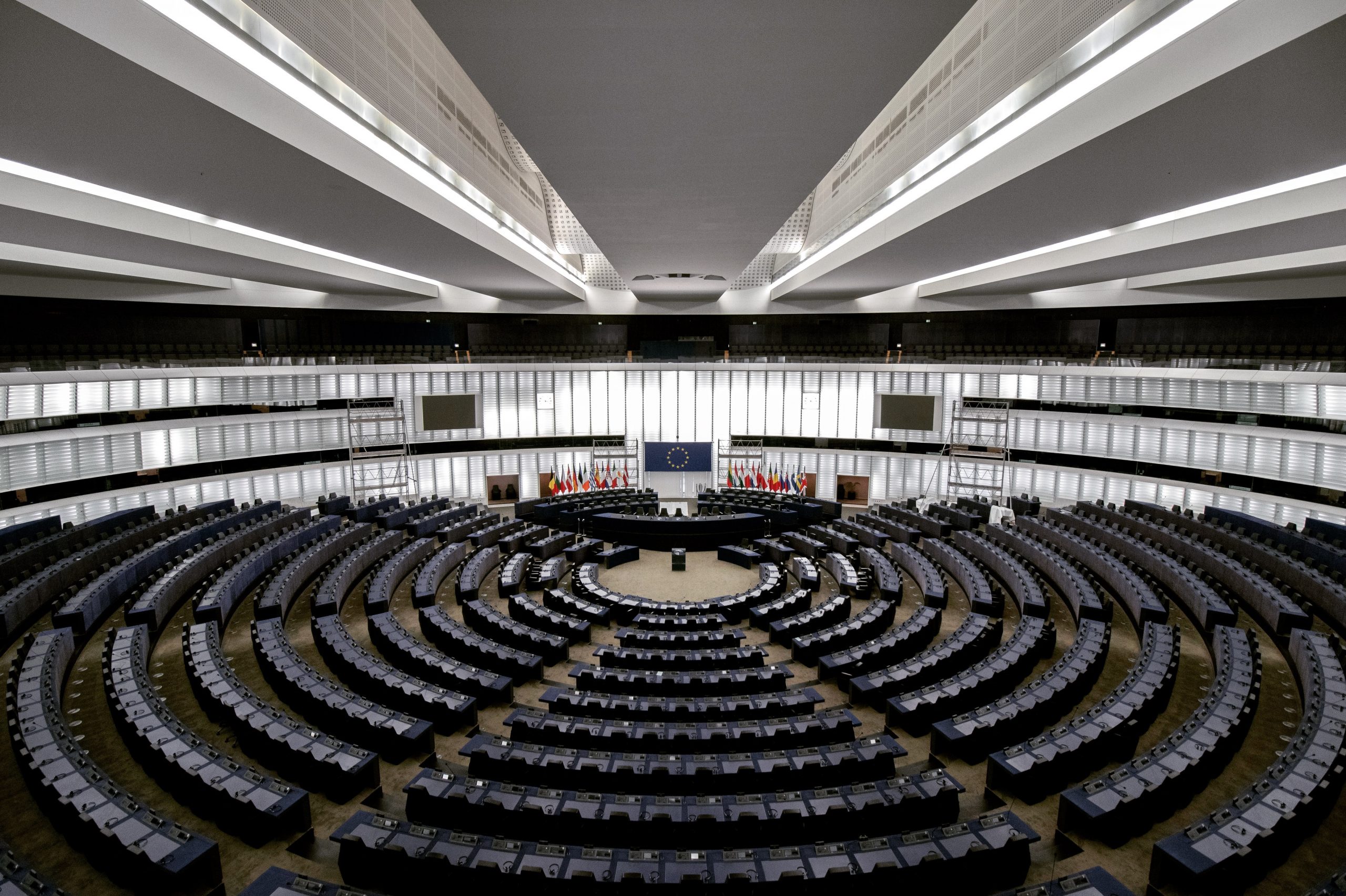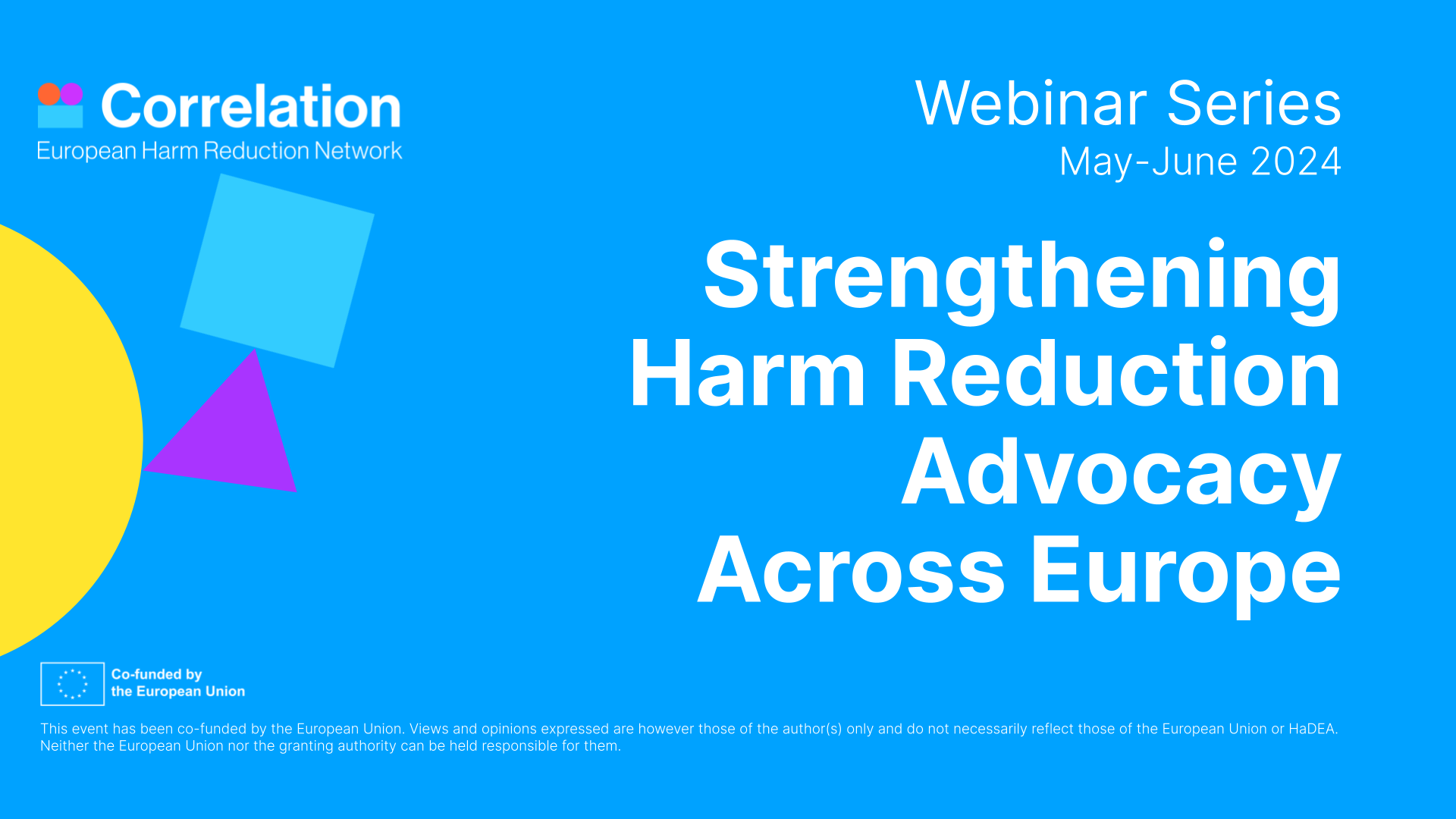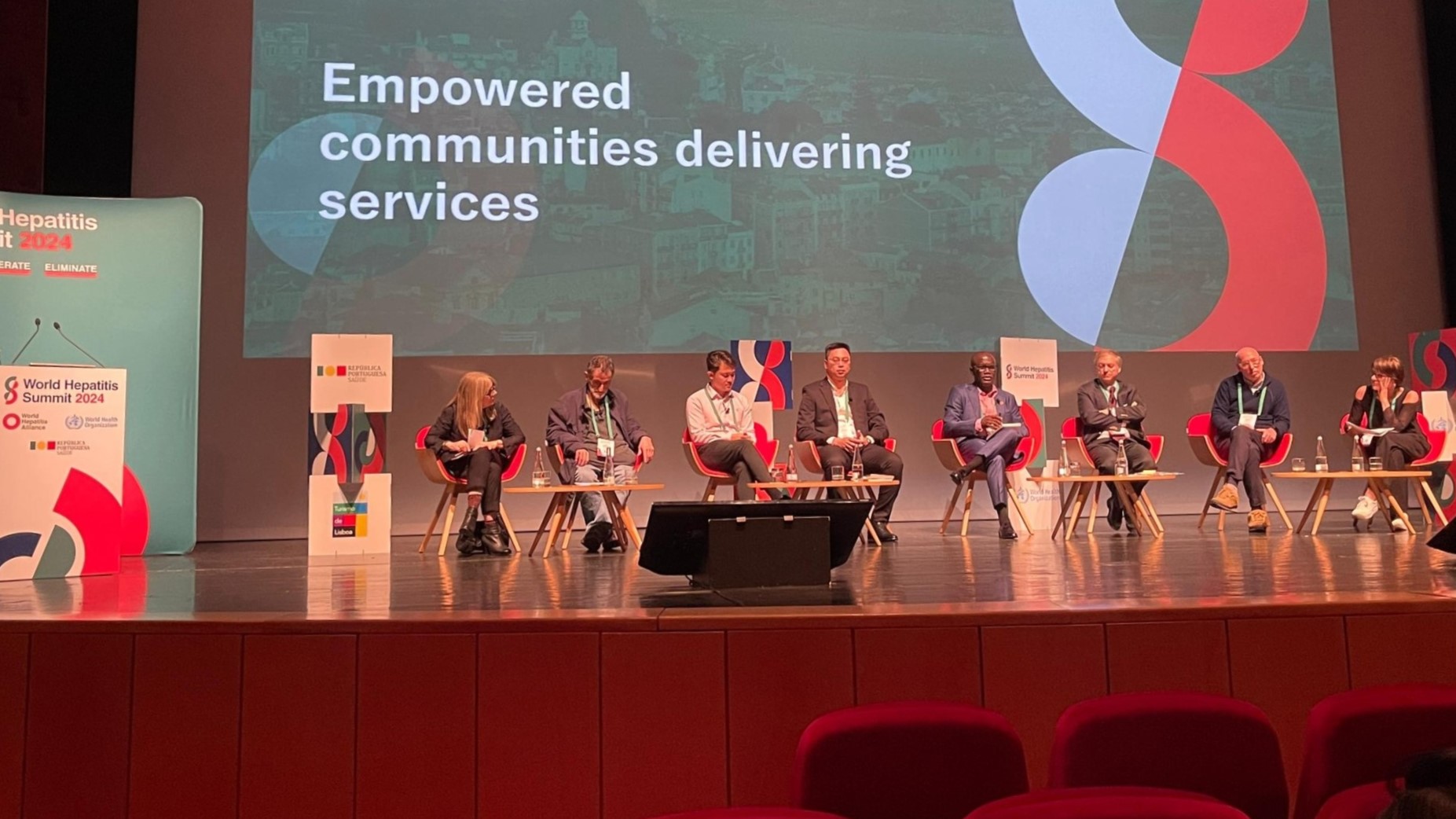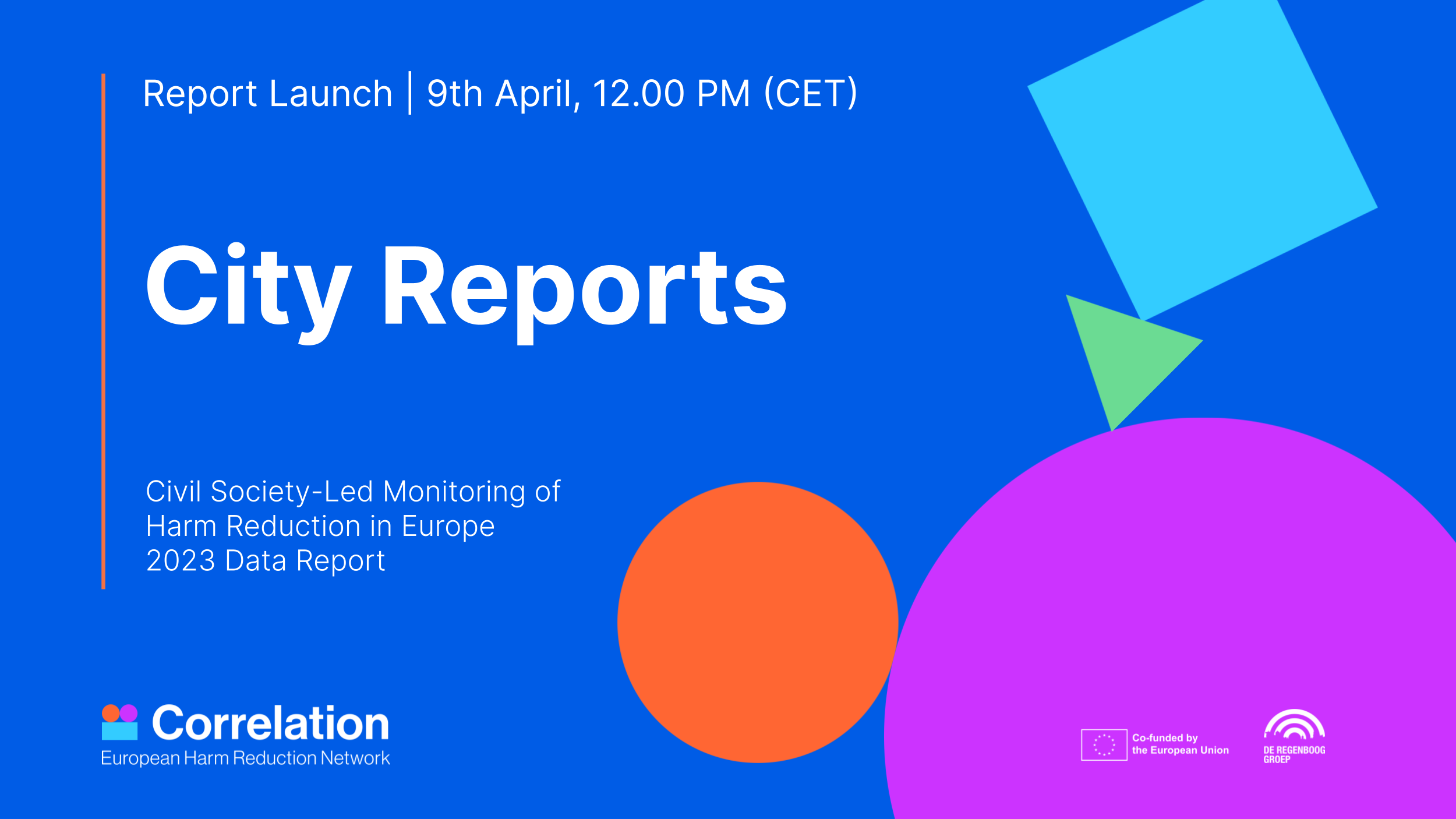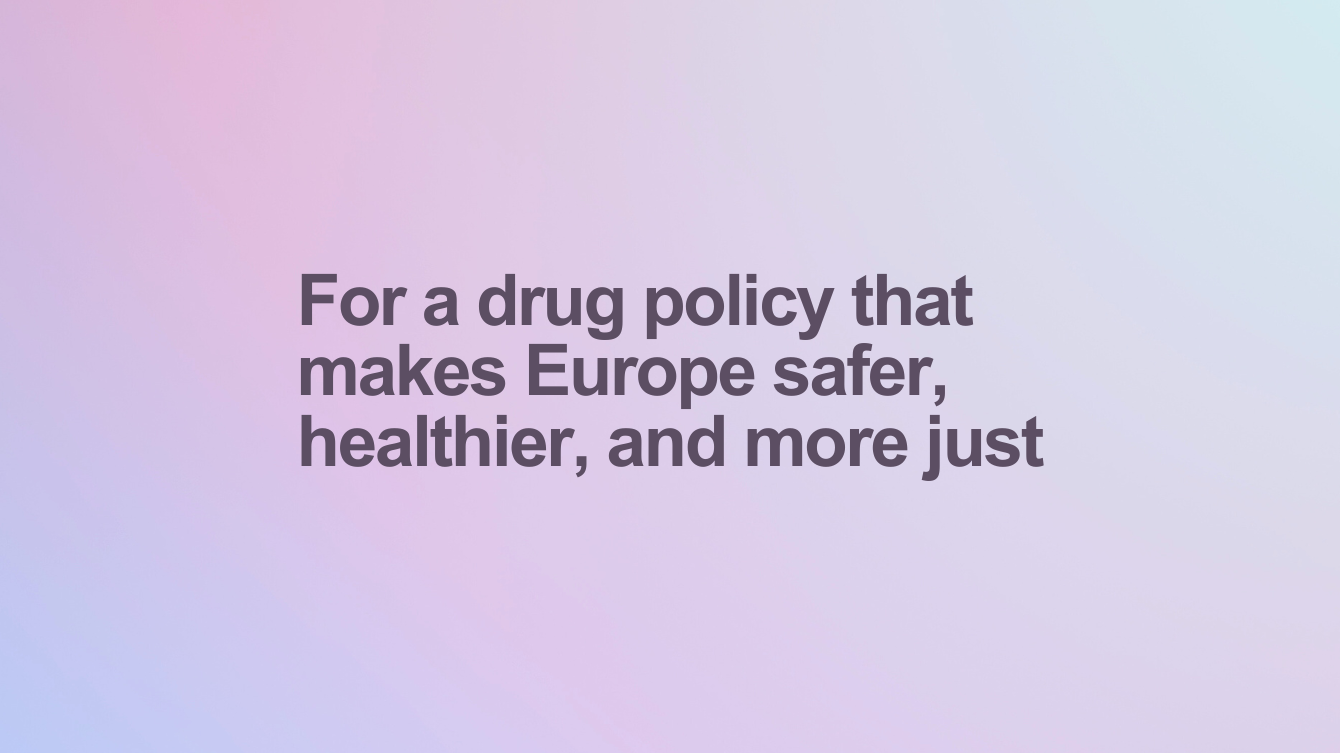Dear Excellencies,
The United Nations and governments around the world stress the important contributions of civil society organizations to help address challenges to human health, climate and the environment, human rights, peace, equity, access to nutritious food systems, access to clean water for drinking, sanitation, irrigation, and energy-generation the pursuit of the Sustainable Development Goals to protect and improve those precious resources.
For instance, Article 71 of the UN Charter as well as ECOSOC Resolution 1996/31—which acknowledges “the breadth of non-governmental organizations’ expertise” and their capacity “to support the work of the United Nations”—stresses the value of NGOs. Likewise, Secretary-General António Guterres vision on global collaboration for the next 24 years, Our Common Agenda, concludes as follows:
130. Finally, echoing calls made to the United Nations system, we have received suggestions on how to increase opportunities for engagement by civil society and other stakeholders across all the intergovernmental organs. These have included…calls for an updated resolution defining how organs like the Economic and Social Council, the General Assembly and the Security Council relate to civil society, local and regional governments and business actors, and for the President of the Economic and Social Council to convene a general review of arrangements for observer status or consultation in this regard. I encourage Member States to give serious consideration to these ideas, in keeping with our quest for a multilateralism that is more networked, inclusive and effective.
And on December 2, 2022, His Excellency Mr. Csaba Kőrösi, President of the 77th session of the General Assembly, urged participants in a town hall with civil society to inform and energize “transformational change” at the United Nations and to be “bold and provocative” in aid of achieving the Sustainable Development Goals in the spirit of global solidarity.
Though meetings of the ECOSOC Committee on NGOs are now webcast, and the number of ECOSOC-accredited NGOs has risen faster than the population—from approximately 2,000 to 6,000[1] between 2000 and 2019—there are many impediments to NGOs fully realizing their potential contributions to UN analysis and work.
A code of conduct for engaging with civil society organizations—if promoted by the good offices of the Chair of the Committee, President of the Economic and Social Council, President of the General Assembly, and the Secretary-General—could help ensure that CSOs have the resources, access, and transparency necessary to effectively contribute to UN and member state work. Engagement with CSOs should not be arbitrary and contingent on the idiosyncrasies of leaders in governments and UN institutions.corpor
Many civil society organizations bring extensive topic-specific expertise, implementation experience, corporate memory, free advice, and accountability functionalities that, often, governments and UN institutions often cannot perform.
The endorsing groups, below, urge the Committee on Non-Governmental Organization to lead or collaborate in consultations on and negotiations of a model code of conduct for engaging with civil society and promote its use by UN institutions and national governments. Without effective engagement with CSOs and journalists, UN institutions and governments will be deprived of valuable insights and legitimacy that are necessary for them to be effective.
As a starting point, please consider the following elements for a zero draft of a United Nations Code of Conduct for Interacting with Civil Society in Standard-Setting and Research Talks (UN CCIC-SSTART) with the following elements:
Key governance elements
- Establish clear conflict of interest safeguards. Require financial conflict-of-interest declarations from participants by either requiring that they self-identify as business interest organizations or specify the amount and percentage of funds they received from commercial organizations in the four most recent fiscal years in written and oral submissions. Also, stipulate considerations for recusing parties with conflicts of interest to ensure they cannot put such interest above public interests, globally and nationally.
- Facilitate granting temporary travel visas for CSOs to participate in international consultations. Create a protocol for granting timely temporary visitors’ visas for citizens or residents (usually from developing countries) to participate in in-person UN meetings except in unusual circumstances.
- Establish a special envoy on CSO participation. Appoint a Special Envoy for Civil Society to work for civic space at the UN. (This was recommendation #5 in “Un-Mute Civil Society” by the Permanent Missions of Denmark and Costa Rica, the UN Foundation, CIVICUS, Action for Sustainable Development, Global Focus, and Action Aid International and Forums.)
- Prepare and publish annual progress reports. Table annual progress reports prepared by the Committee on Non-Governmental Organizations (NGOs) in the ECOSOC Council (and corresponding governing bodies of the United Nations and national government institutions) describing:
- the status of uptake of elements of the Code;
- a time-delimited plan for fully implementing the Code, and
- results of an opinion survey of ECOSOC-accredited CSOs (or national NGOs as the case may be) on the status of implementation of the Code.
- Establish a travel fund to facilitate in-person participation in complex longer meetings by CSOs based in lower-income countries and technology transfer to facilitate remote participation from places where access to Internet access and computer and communication technology are expensive or unreliable. A significant impediment to participation of low- and middle-income countries is the expense of foreign air travel, including room and board in the host destination. Securing inexpensive or free airline transportation and lodging for NGO representatives from low-income countries from major airline carriers (whose operations are subject to international regulations) and, for instance, trading meeting space opportunities in UN institutions for living space in hotels and university lodging (when they are largely vacant during high vacancy periods) might be possible. Likewise, coordinating penalty-free donations of frequent flyer points to a fund to offset travel expenses for low-income country NGO delegates might be feasible. All of the elements of the proposed Code of Conduct would disproportionately advantage low-income-country NGOs. Civil society organizations are major sources of free advice to governments.
- Protection of public interest advocates and civic space: Establish an expert mechanism on the investigation, prevention, and redress of reports of intimidation and retribution visited upon civil society organizations for public interest advocacy about health, human rights, environmental protection, press freedom, and other matters and receive and investigate individual reports
Common courtesies
- Ensure timely notice of opportunities to participate in consultation and other activities. Ensure CSOs get adequate notice of meetings, e.g., more than 14 days for fully remote/virtual meetings and more than one month for hybrid or face-to-face international meetings, and two weeks for national meetings. NGOs based in low-income countries often require even more notice to participate in consultations, especially if doing so requires mobilizing scarce financial resources for travel or extra time to obtain approval of temporary visas.
- Enable NGO contact with news media. Enable and facilitate CSOs’ access to UN news correspondents in UN institutions.
- Facilitate open communication when online digital communication tools are used. By default, set MS Teams, Zoom, and other digital interaction tools to optimize communication of opinions and information resources (e.g., ensure visibility of chat/Q&A to all participants, enable chat and transcript saving by all participants, and enable bilateral and reply-all communications).
- Make meetings accessible to people who experience visual and hearing impairments. Ensure that, at least meetings serviced by simultaneous interpretation are also supported by closed-caption text and sign language.
Elements that are consistent with best practices in national governance
- Create, promote, and maintain a public consultation register. Create a UN-wide (or government-wide, as the case may be) public consultation registry so that CSOs can automatically be notified (e.g., by email alerts) of consultations related to topics of their interest and do not have to risk being accidentally omitted from ad-hoc consultation lists or risk being intentionally excluded by cherry-picked consultation lists.
- Ensure transparent rules for in-camera meetings. Establish standards for member states going in-camera (i.e., private meetings from which CSOs and journalists are excluded) and urging that the default approach is fully public meetings. When governments appear secretive about setting strategies, policies, or laws that affect 8 billion people, it can breed cynicism about the predominance of private, self-serving interests.
- Ensure that non-governmental organizations can participate in standard-setting or strategy-development consultations prior to decisions being taken. Relegating non-governmental organizations to comment on decisions after they have been taken is disingenuous and deprives decision-makers of the benefit of CSOs’ insights, belittles their perspectives, and diminishes the legitimacy of the resulting decisions.
- Automatically post NGO written and oral submission online. Ensure that the actual content (not summaries) of CSO submissions is available on decision-makers’ websites in video and text format and, ideally, automatic uploading directly by registered participants subject to a bar on abusive comments or a threshold of inaccuracy that governments are willing to tolerate by all parties.
- Ensure transparency about government positions in UN standard-setting consultations. Urge governments of member states to characterize the steps they took to arrive at member state positions even with just a URL reference to the consultation website.
- Create a lobbyist registry. Create a lobbyist registry indicating when, where and by whom UN officials (or governments) meet with outside parties in meetings that are not broadcast on https://media.un.org/en/webtv If people believe that public and international institutions make decisions on the basis of secret, unilateral meetings—especially with those with vested or undisclosed interests—the legitimacy and effectiveness of those UN agencies or governments will suffer.
- Create an access-to-information mechanism. Create access to information (also known as freedom of information) entitlements to records held by United Nations institutions (or national governments) and a process for obtaining such records and appealing decisions to redact or withhold them.
- Ensure that granting ECOSOC accreditation adheres to objective criteria and is not subject to arbitrary political interference by individual Committee members. In particular, to protect the integrity of the CSO vetting process, ensure that:
- UN institutes resolve arbitrary, repetitive deferrals of ECOSOC NGO applications by holding Committee votes. Discontinue arbitrary deferrals of ECOSOC approvals of ECOSOC accreditation by the Committee on NGOs by stipulating that decisions must be put to a vote after two deferrals to reduce the risk of the tyranny of the minority (e.g., certain member states repeatedly delaying accreditation decisions on groups that might be critical of their human rights record) while retaining oversight in the accreditation process;
- Elections of NGO committee members are effective. All regions propose competitive slates of candidates at least two months prior to elections to replace retiring Committee members to facilitate vetting and screening of candidates by the Economic and Social Council;
- ECOSOC institutes term limits for membership in the Committee on NGOs: As with other UN bodies, states and individual members should be required to leave the Committee for a specified interval of time after serving for a stipulated maximum period. Term limits would encourage greater diversity and youth in membership over time.
19. Promote transparency, accountability, fairness, inclusiveness, and conflict of interest safeguards, worldwide. Respect and promote the aims of this Code mutatis mutandis by all public institutions.
While this is a non-exhaustive list of enabling factors for improving the integrity and effectiveness of UN and government engagement with civil society organizations, a robust, focused consultation on a code of conduct and vetting of best-practices nationally could help ensure that UN institutions make the best use of civil society engagement. Doing so will be even more vital in the short time remaining to make up lost time in achieving the 2030 Sustainable Development Goals and mobilizing to meet their successors.

